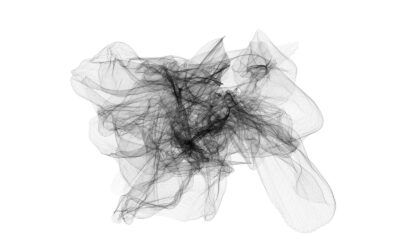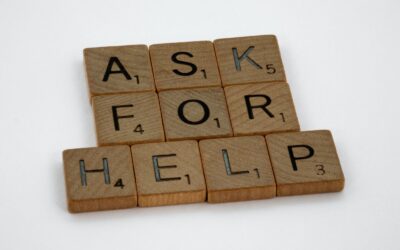Like psilocybin, ayahuasca is a plant-based psychedelic that’s been around for centuries. Made from the leaves and stalks of Psychotria viridis and Banisteriopsis caapi, ayahuasca is traditionally brewed by a shaman or curandero. This hallucinogenic compound has been used in spiritual and religious ceremonies for populations in South America for generations, and has more recently become a topic of interest in the medical community. Similar to ketamine therapy, ayahuasca has the potential to help individuals with PTSD or other conditions heal from trauma. Interested in learning more about ayahuasca and other alternative therapies? Here’s what you need to know:
About Ayahuasca
Ayahuasca is a powerful psychedelic thanks to its active ingredients, N,N-dimethyltryptamine (DMT) and β-carbolines. When consumed, these substances affect the central nervous system and cause an altered state of consciousness that lasts for several hours. During an ayahuasca session, individuals may experience hallucinations, euphoria, or dissociation. For this reason, it’s recommended that ayahuasca only be taken under supervision of an experienced shaman or medical professional.
How Does Ayahuasca Affect the Brain?
Although ayahuasca has been used for an estimated 1,000 years, studies are just beginning to emerge regarding its impact on the brain. Researchers hypothesize that the main chemical components in ayahuasca may have neuroprotective and neurorestorative properties. Like its counterparts ketamine and psilocybin, initial studies suggest that harmine (the primary β-carboline in ayahuasca) has an anti-inflammatory effect. Since this substance may positively impact psychological well-being and resiliency, it has potential for treating conditions such as depression, PTSD, and addiction.
Currently, ayahuasca treatment isn’t widely available and its active ingredient, DMT, is banned in the United States. Those who seek it often travel to South American countries to experience guided ceremonies. Small studies have acknowledged the possible neurological and psychological benefits of this brew, but it’s important to note that clinical trials are carefully controlled. Individuals who consume ayahuasca outside of clinical trials may notice adverse side effects, including serious drug interactions with prescribed medications.
If you’re tired of struggling with symptoms of depression or other chronic conditions, it may be time to explore other options. Unlike ayahuasca and psilocybin, ketamine therapy is more accessible and well-researched. Ketamine is an FDA-approved anesthetic that has been used in medical settings for decades, and has few to no side effects for most individuals. Interested in learning more about medical ketamine and its possible inclusion in your treatment plan? Contact our team for a consultation. We’re looking forward to getting to know you and determining if we can help.



